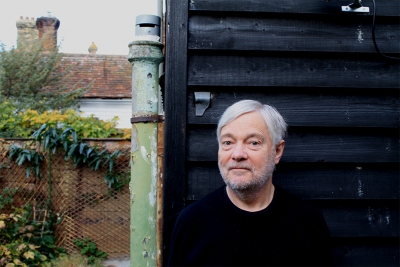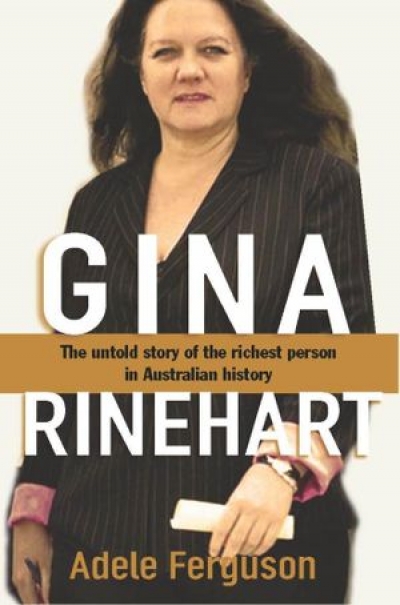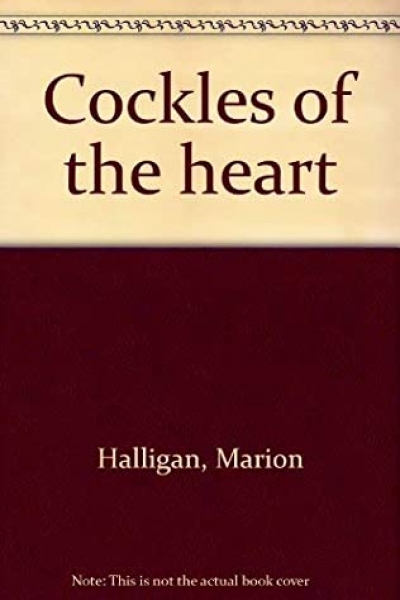Poetry
36 Ways of Writing a Vietnamese Poem by Nam Le
Even in his first publication, the seven short stories of the rightly celebrated The Boat (2008), Nam Le was perhaps always most interested in creating an aura of violent unpredictability. He withheld consistency, offered cruxes, hit the reader with a blizzard of bold plots in settings so varied as to be practically contradictory – Hiroshima, Medellin, New York City, a fishing town on the Queensland coast. Where, as in the title story, Nam Le appears to relent and writes about what may have been his own experience (he was ferried to Australia as an infant), the baby dies. He is like a package determined not to contain what it says on the disclosure form; a letter that won’t be delivered to the stated address.


























